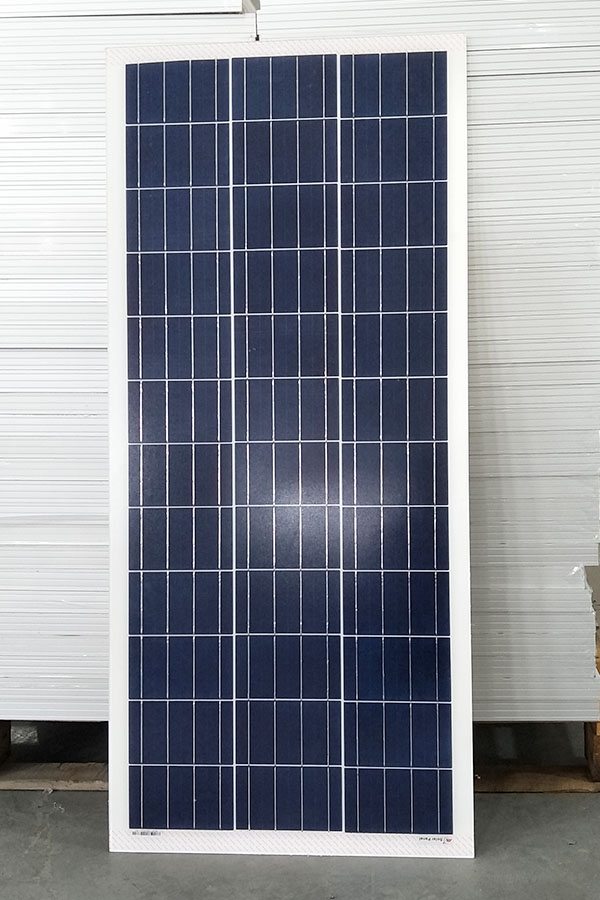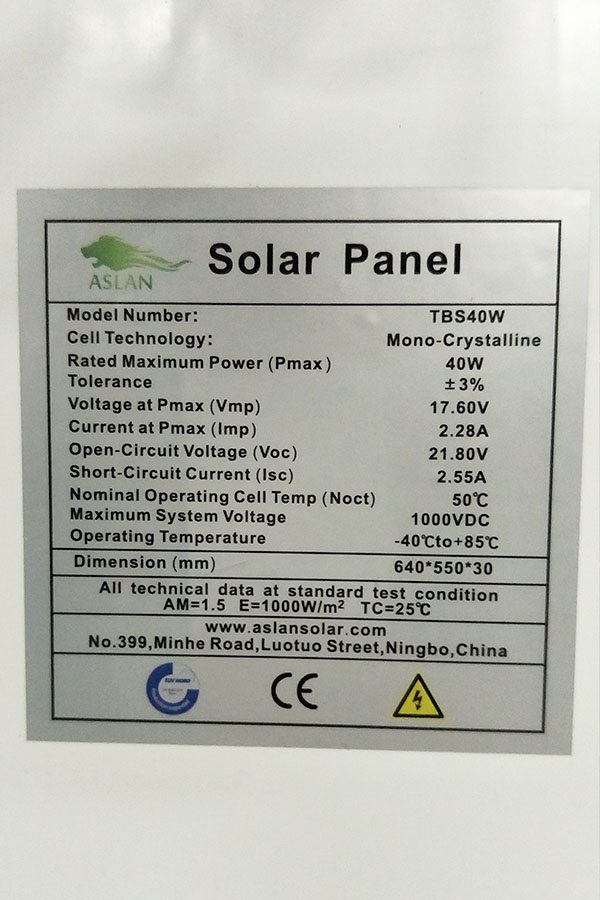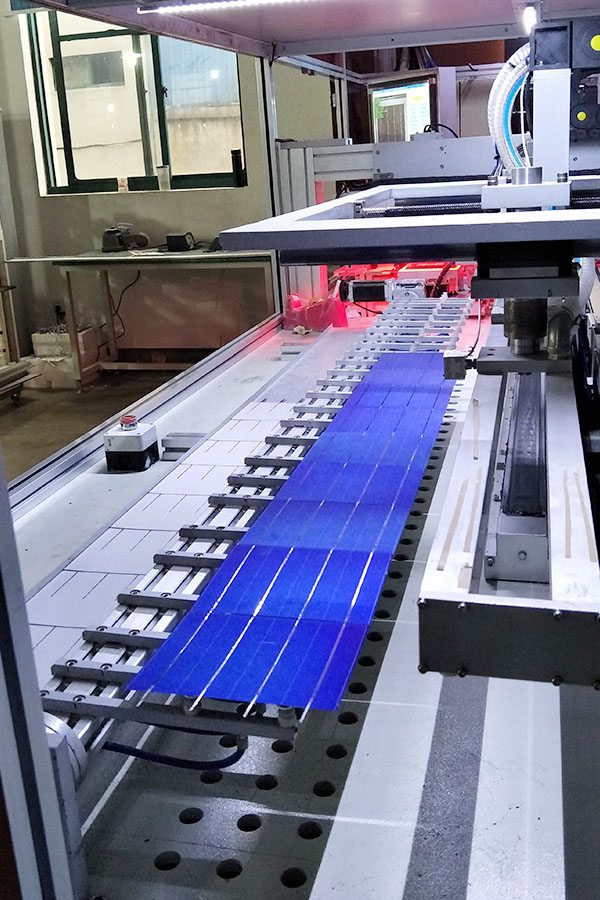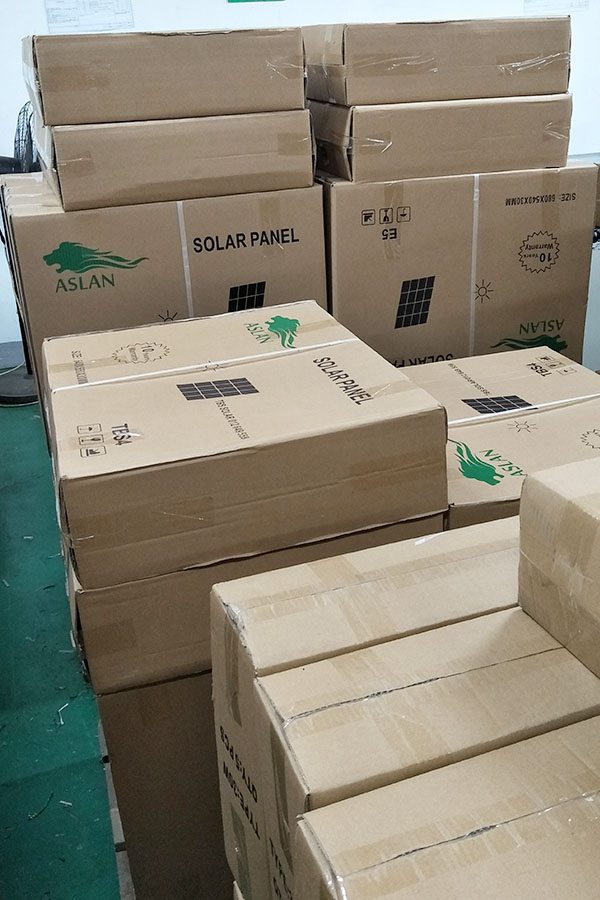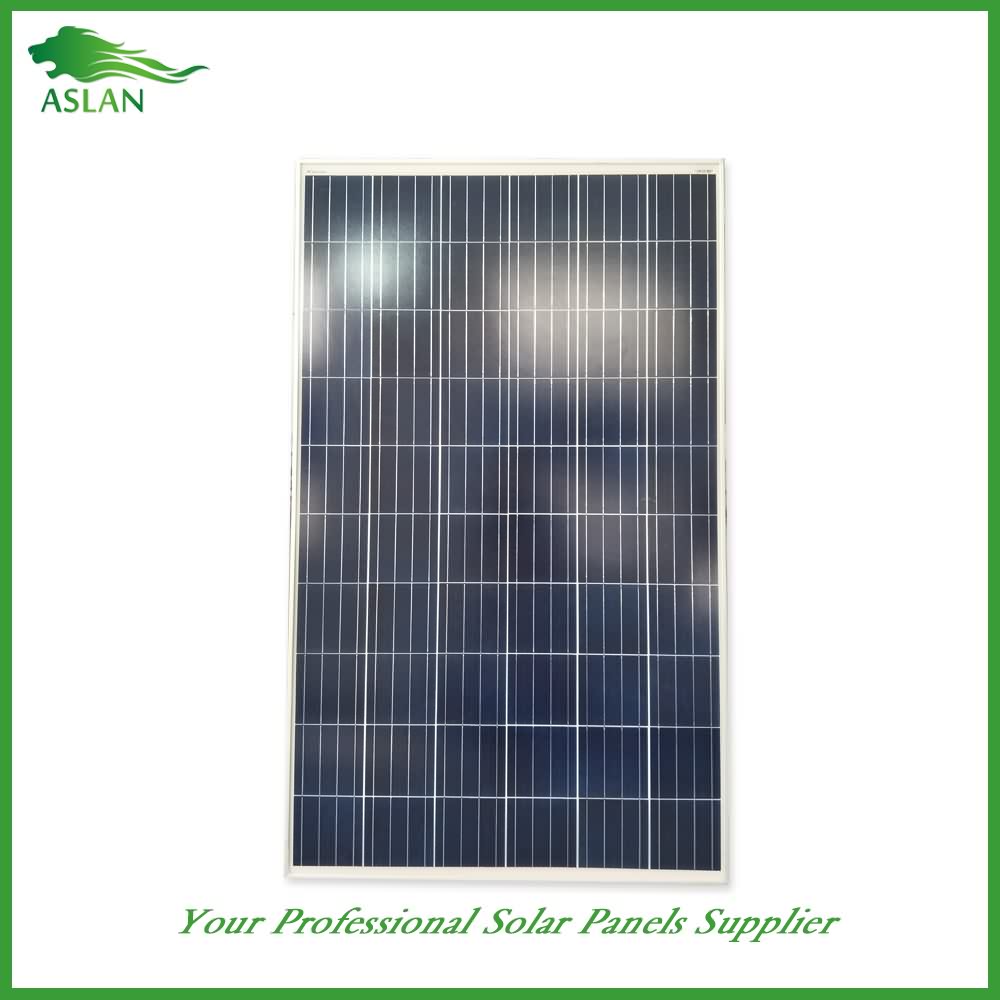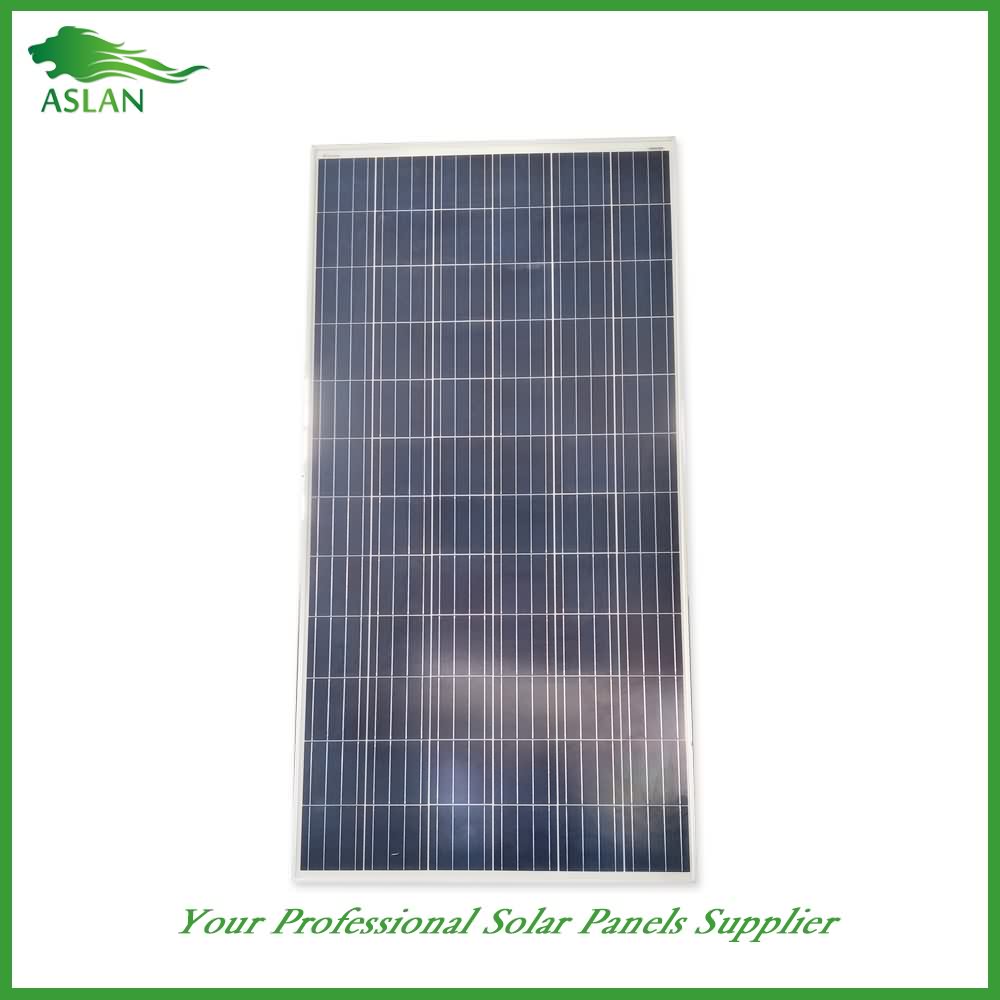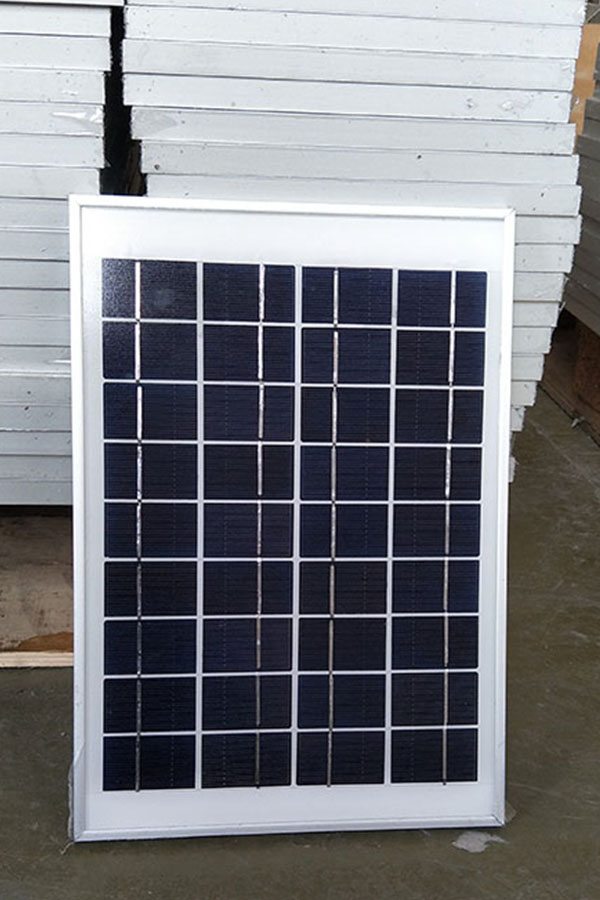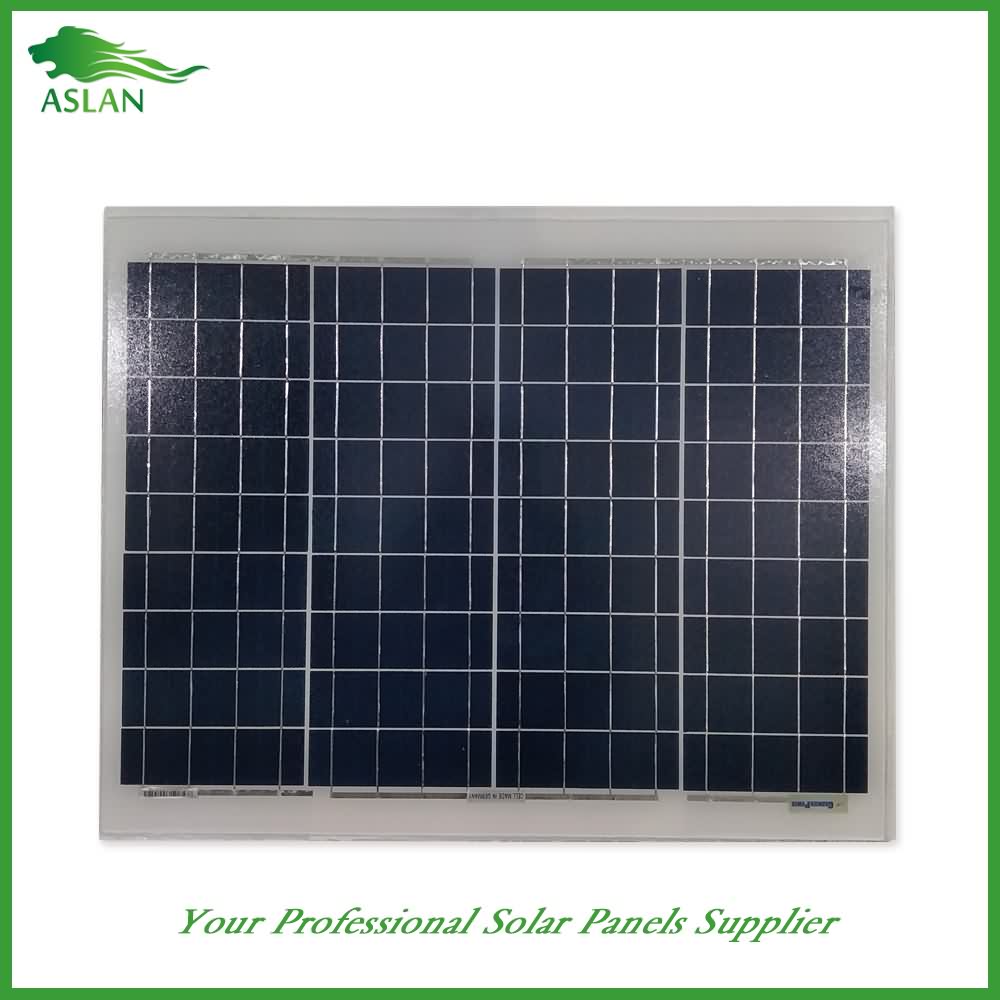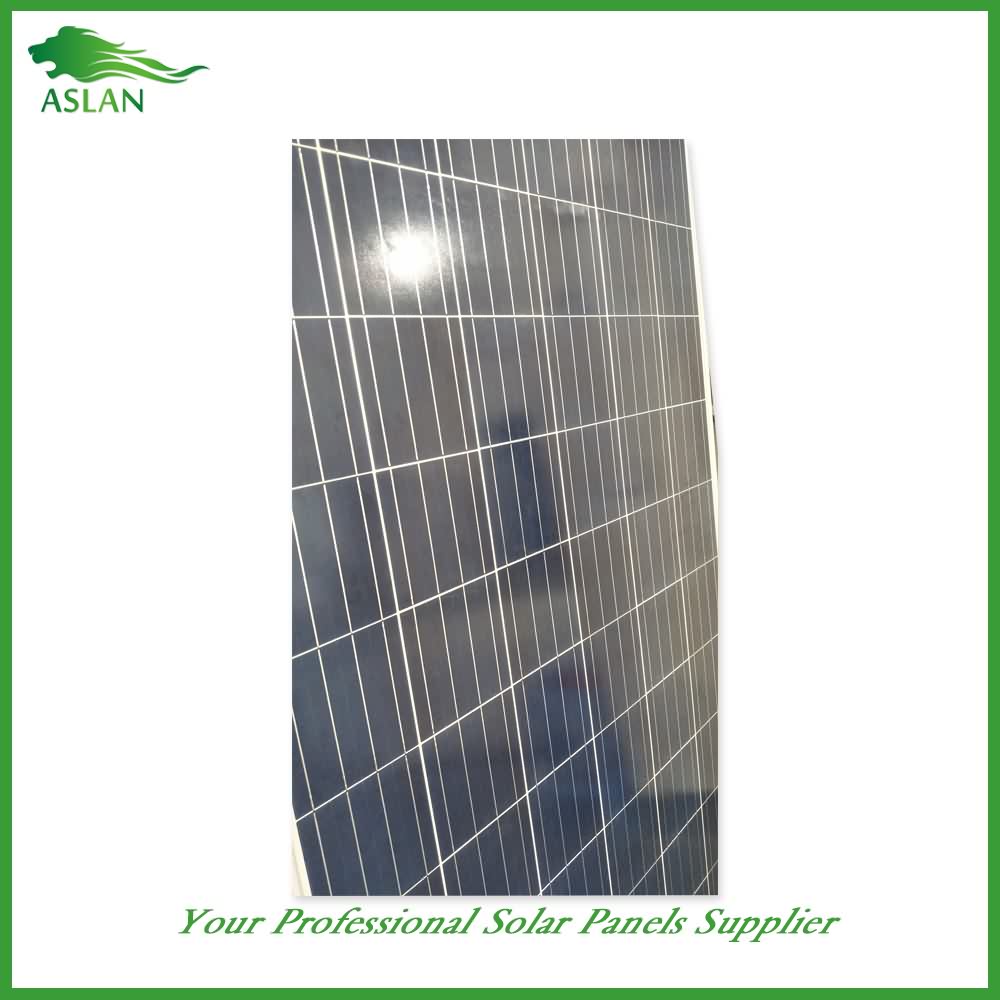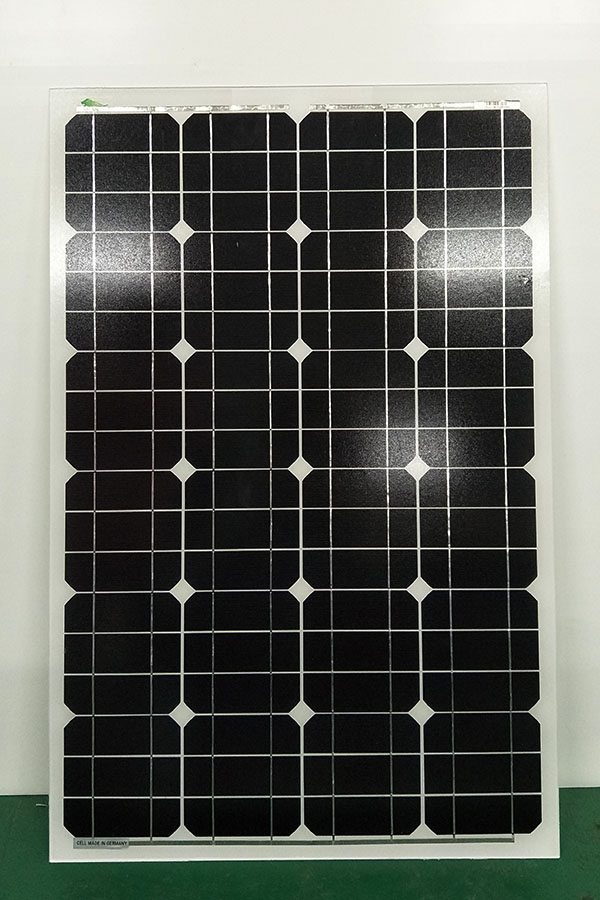professional factory for Poly-crystalline Solar Panel 90W Supply to Islamabad
Short Description:
Gaining customer satisfaction is our company's aim forever. We will make great efforts to develop new and top-quality products, meet your special requirements and provide you with pre-sale, on-sale and after-sale services for professional factory for Poly-crystalline Solar Panel 90W Supply to Islamabad, "Quality first, Price lowest, Service best" is the spirit of our company. We sincerely welcome you to visit our company and negotiate mutual business!
Poly-crystalline Solar Panel 90W
Technical parameter
Maximum Power(W) 90W
Optimum Power Voltage(Vmp) 18.33V
Optimum Operating Current(Imp) 4.91A
Open Circuit Voltage(Voc) 21.96V
Short Circuit Current(Isc) 4.89A
Mechanical Characteristics
Cell Type Poly-crystalline 156x104mm (6 inch)
No of Cell 36 (4x9pcs)
Dimensions 1008x678x35mm
Weight 8.0KGS
Front Glass 3.2mm,High Transmission, Low Iron,Tempered Glass
Junction box IP65 Rated
Output Cable TUV 1×4.0mm2/UL12AWG,Length:900mm
Temperature and Coefficients
Operating Temperature(°C): -40°C ~ + 85°C
Maximum System Voltage: 600V(UL)/1000V(IEC) DC
Maximum Rated Current Series: 15A
Temperature Coefficients of Pmax: -0.435%
Temperature Coefficients of Voc: -0.35%
Temperature Coefficients of Isc: 0.043%
Nominal Operationg Cell Temperature (NOCT): 47+/-2°C
Materials of solar panel
1).Solar Cell——Poly-crystalline solar cell 156*104mm
2).Front Glass——-3.2mm, high transmission, low iron, tempered glass
3).EVA——-excellent anti-aging EVA
4).TPT——-TPT hot seal made of flame resistance
5).Frame——anodized aluminum profile
6).Junction Box——-IP65 rated, high quality, with diode protection
Superiority: high quality anodized aluminum frame, high efficiency long life, easy installation, strong wind resistance, strong hail resistance.
Features
1. High cell efficiency with quality silicon materials for long term output stability
2. Strictly quality control ensure the stability and reliability, totally 23 QC procedures
3. High transmittance low iron tempered glass with enhanced stiffness and impact resistance
4. Both Poly-crystalline and Mono-crystalline
5. Excellent performance in harsh weather
6. Outstanding electrical performance under high temperature and low irradiance
Quality assurance testing
Thermal cycling test
Thermal shock test
Thermal/Freezing and high humidity cycling test
Electrical isolation test
Hail impact test
Mechanical, wind and twist loading test
Salt mist test
Light and water-exposure test
Moist carbon dioxide/sulphur dioxide
Hoggsback was such a special place to do a solar PV installation. At first we were very worried about shading from trees, but luckily this small holding doesn’t have many big trees. The client is very conscious of the environment and wanted a sustainable way of using electricity.
There are also many power outages in Hoggsback and they sometimes have to go 5 days without municipal electricity. We suggested to the client that the 8kW off grid system that we have done a few times now will be sufficient for their power needs. We coupled that with a massive battery bank in case of misty and rainy weather for more than 2 days. We had some niggles getting everything to work, but got the system running flawlessly in the end. The client also opted for 4 solar geyser with evacuated tube collectors to cut down further on electric consumption.
The system specs are as follows:
2 x 4kW off grid inverters
20 x 320w Polycrystaline PV panels
24 x single cell 2V 1050Ah batteries
4 x 16 tube collectors with solar geysers
The system will provide an estimated 25kW/h of electricity per day and the battery bank will have 50kW/h of storage.
http://www.mtholyoke.edu/acad/physics/
Alexi Arango’s lab at Mount Holyoke Faculty is customized developed so that undergraduate students can construct layered buildings these as photo voltaic cells and organic and natural LEDs. The third-generation photo voltaic cells made in this lab hire semiconductors these as quantum dots, molecular dyes, and metallic oxides. These novel semiconductors could outcome in highly effective units that can be significantly less expensively and much more quickly made than units utilizing silicon. Students doing the job in this lab hope to make renewable electricity much more practical.
